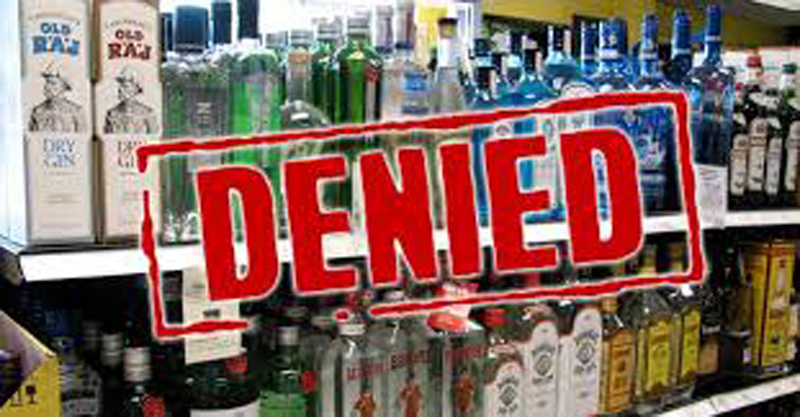Faithful readers may recall that I have often waxed poetic about the various failed attempts throughout North America to ban the demon liquor. Our Yankee neighbours to the south had a nationwide prohibition from 1920 to 1933, which served primarily to line the pockets of gangsters like Al Capone, who helped keep America tipsy during Prohibition thanks to good ol’ Canadian Whisky smuggled across the Detroit River from Windsor Ontario.
We have never struggled under the yoke of a national prohibition here in Canada, largely because liquor laws fall under provincial jurisdiction. Despite lacking a national strategy, most of the Canadian provinces had their own liquor bans at one point or another.
With their less-uptight European-influenced culture, the wine-loving citizens of Quebec emphatically voted non! against Prohibition, despite all the other Canadian provinces banning the demon liquor one by one.
At one point in the 1920s, Quebec was the only jurisdiction across the USA and Canada not suffering under Prohibition, so you can imagine that Montreal was a popular vacation destination for Torontonians, New Yorkers, Bostonians, and pretty much the entire eastern seaboard.
Here in Alberta, we even suffered under Prohibition twice, from 1875 to 1892, and again from 1916 to 1924. Similar to the attempts to ban the demon liquor south of the border, our own attempts at Prohibition in Alberta were also an abject failure, with widespread availability of illicit hooch.
Realizing the futility of the law, the Alberta government repealed Prohibition in 1924. Calgary’s own Palliser Hotel was the first establishment to be granted a license to operate a beer parlour, and it still operates to this day!
However, one small Alberta town was able to remain dry from way back in 1924 until just last month, when booze finally became legal for the first time in the Town of Cardston, located 250km south of Calgary, with a population just shy of 4000 people.
Cardston was founded back in back in 1887, by a Mormon missionary named Charles Card, who led a wagon train of Mormon families from Utah to Canada to escape prosecution in the USA for polygamy, which was all the rage in Utah at the time.
Cardston was the first Mormon settlement in Canada, and remains one of the most staunch supporters of traditional bible-belt values, which just happens to include abstinence from alcohol.
So, even though the provincial government abolished Prohibition in 1924, it did give local towns the option to “stay dry”, and Cardston did just that. There was even a section written into provincial legislation that specifically declared Cardston a “Local Option Zone”, which means it will not issue liquor licenses within the municipality until a binding plebiscite shows that the demon liquor is no longer unwelcome.
Cardston held plebiscites over the years about staying dry, most recently in 1957 and 2014, with both returning landslide votes from the residents to remain a dry town, making it look like the prohibition era laws would remain on the books forever.
Imagine the surprise of the townsfolk when Bill 2 was signed into law at the provincial legislature last month. This new law purported to remove a bunch of governmental red tape and bureaucratic nonsense around the sales of alcohol and cannabis throughout the province, but no one seemed to notice until it was too late that the exception for Cardston that had remained on the books since 1924 had disappeared with nary a head-up to liquor-loathing residents of the Town of Cardston.
The more cynical readers in the audience might suspect that Cardston had really been dry in name only, with the liberal attitudes of the modern age leading the town residents to smuggle in booze from the next town over, to be consumed on the down-low behind closed doors, out of the watchful eyes of the busybodies next door.
The local state of affairs took a turn to the surreal when marijuana was legalized in Canada back in 2018, making the Devil’s Lettuce legal to sell in Cardston, while beer stores still remained illegal.
The Town of Cardston was the final holdout of the Prohibition-era laws in Alberta, although I suspect the local town council will not be too eager to grant business licenses to any liquor retailers anytime soon, so the local imbibers will likely continue sneaking their booze in from the next town over.






